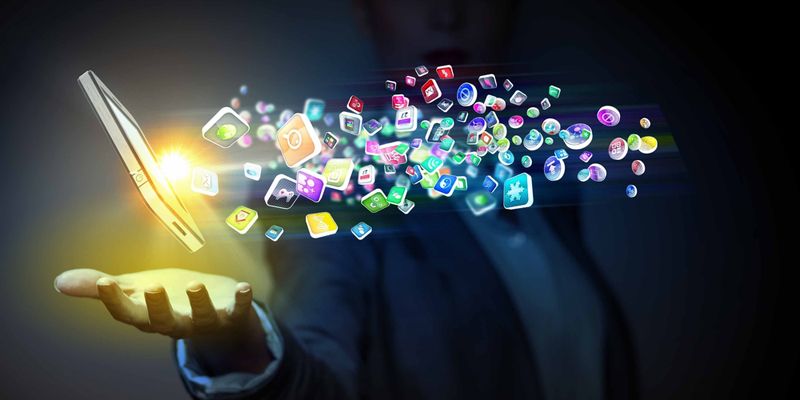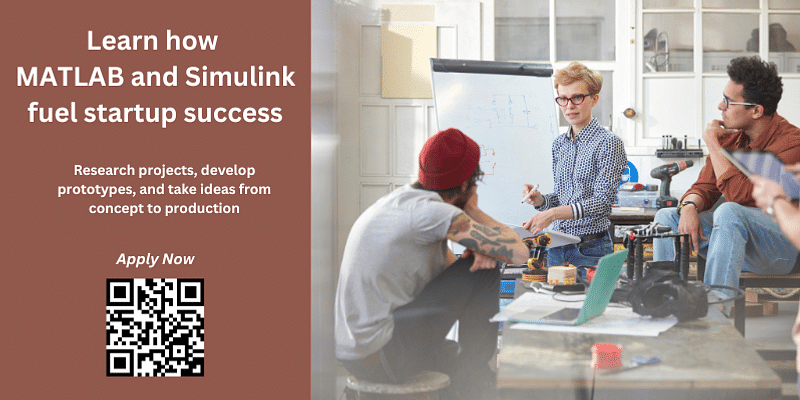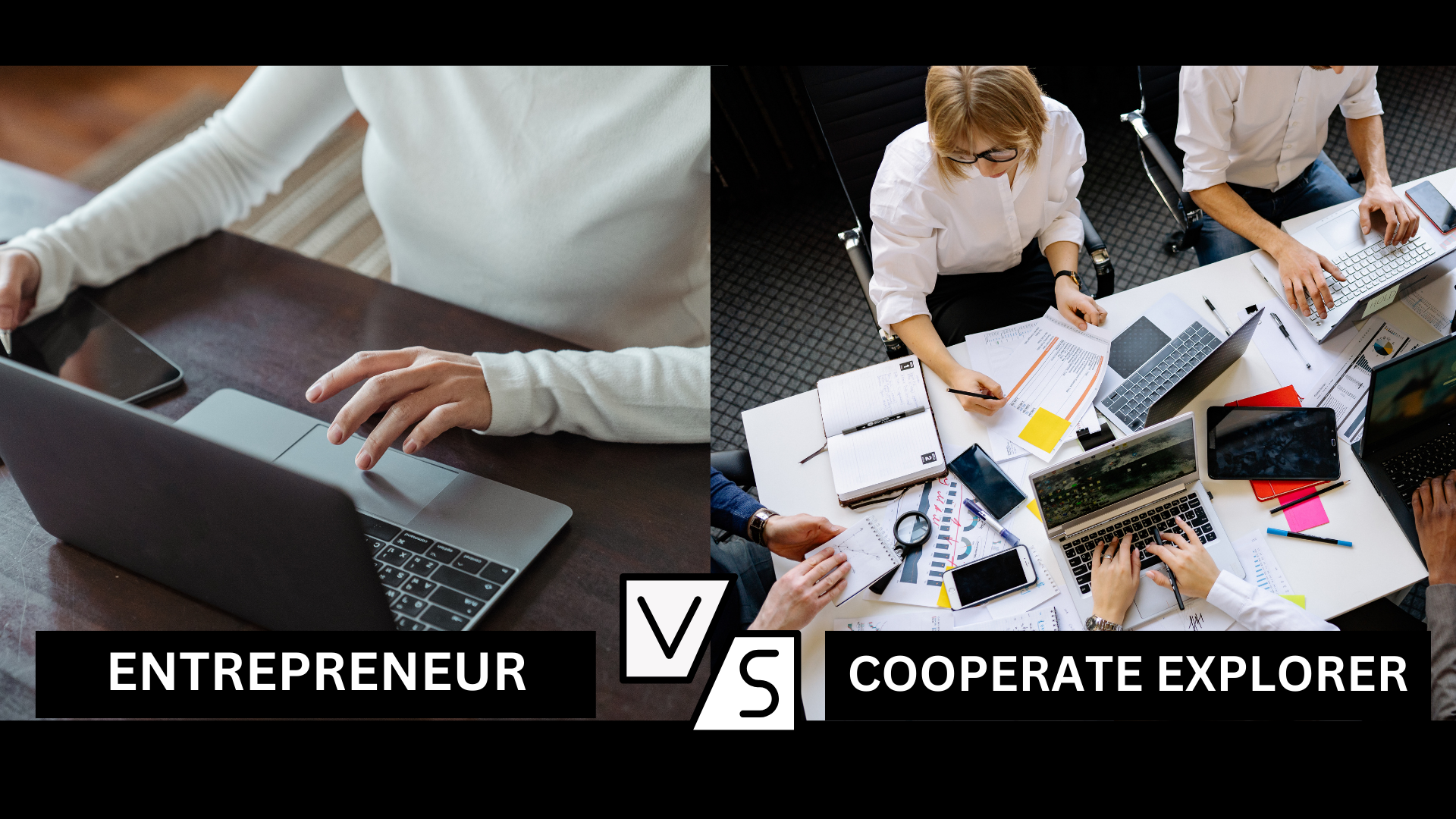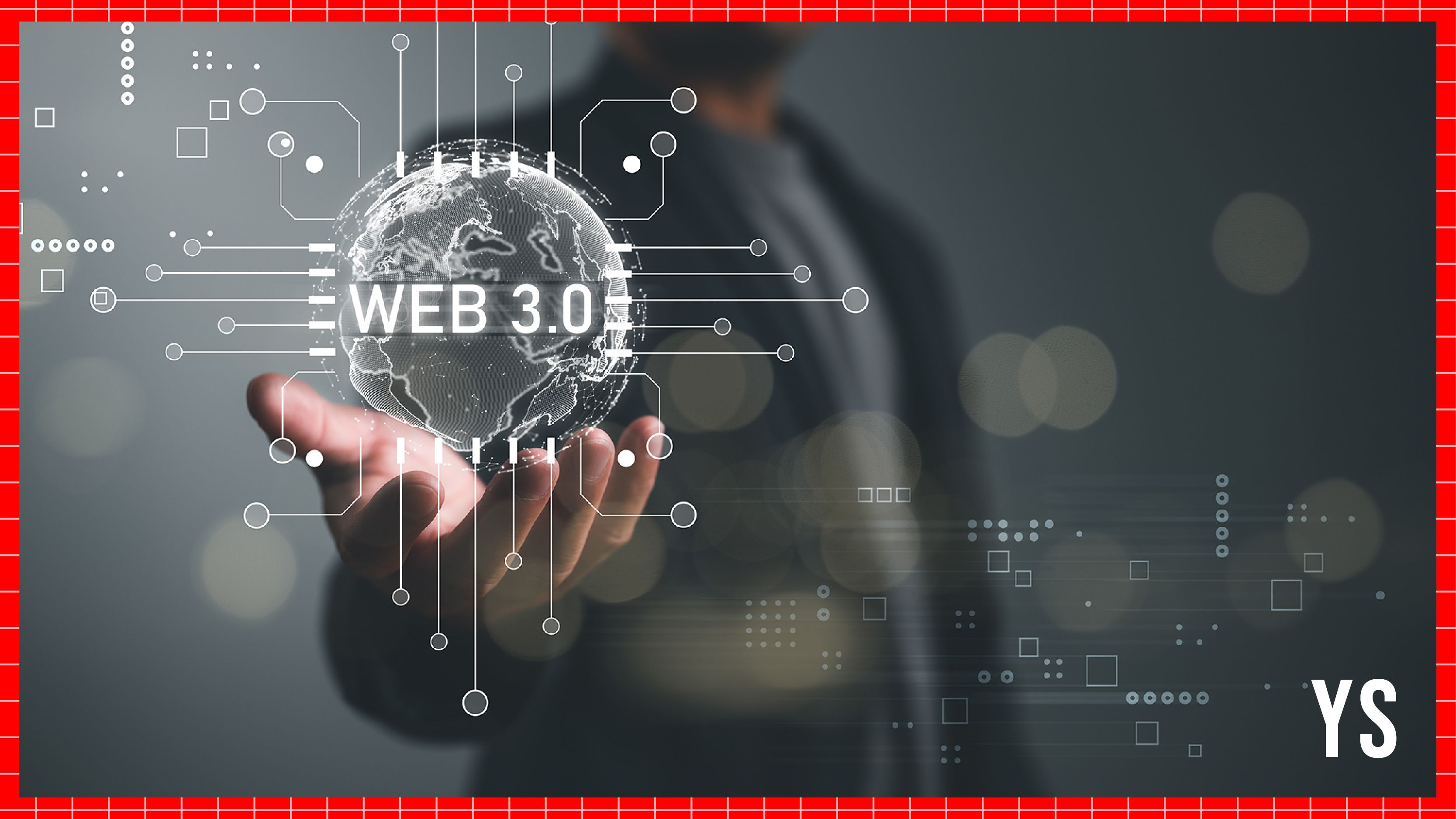Why do we need to talk about Industrial Revolution 4.0
Starting in the 2010s, Industrial Revolution 4.0 builds on the third revolution and is marked by the emerging technologies of Artificial Intelligence, Robotics, Nanotechnology, quantum computing, biotechnology, Internet of Things, Blockchain and 3D printing.
There is much talk these days about new terms such as the Fourth Industrial Revolution, Industry 4.0 and Globalization 4.0. Before we go into more details, a quick history lesson.

The first Industrial Revolution took place in Europe and North America from approx. 1760 to mid-1800s, when rural societies started become industrial, and people migrated from the farms to the cities, and the factory system began. Technology inventions included machine tools, iron, textile industry and steam engine.
The Second Industrial Revolution went from 1870s to early 20th century, with its benefits mostly accruing to Europe and North America. It was marked by rapid industrialization, with major technology systems such as telegraph, railroad, gas and water supply, sewage systems, electrical power and telephones. It resulted in a new wave of globalization with movement of people and goods helped by advanced communication techniques.
The third Industrial Revolution (also called the Digital Revolution) is the shift from mechanical and analogue electronic technology to digital electronics from the 1950s to 1990s. It started with the transistor being invented in 1947, and is marked by rapid adoption of digital computers, and the rise of the Information and technology industry, computers, mobile phones and the internet.
Which brings us to the fourth Industrial Revolution (or IR4 for short). Starting in the 2010s, it builds on the third revolution and is marked by the emerging technologies of Artificial Intelligence, Robotics, Nanotechnology, quantum computing, biotechnology, Internet of Things, Blockchain and 3D printing.
Although Industry 4.0 and Industrial Revolution 4.0 are used interchangeably, the former is used more for the impact on the manufacturing industry. In addition, IR4 is expected to create a new, better and integrated world – Globalization 4.0, which is expected to address many social issues, and make development more inclusive and empathetic.
Just like the previous Industrial Revolutions, the Fourth has the potential of making life easier for humanity, but results in many questions and debates regarding our future. How fast will the technology develop and how can we create wealth and a better lifestyle for Billions of people? How can we limit its downsides or potential resultant inequalities? What systems and structures can be setup for the best possible outcomes?
Very importantly, the Fourth Industrial Revolution has the unique characteristic of blurring the lines between humans and machines, with technology working side by side, and in many cases becoming embedded within societies and the human body. This facet presents some additional topics to think about.
One, there is physical, mental and emotional proximity between humans and technology – it is part of our daily lives now. From morning to evening I spend so much time with my mobile phone and laptop that the output of that interaction is directly correlated to my emotional and intellectual ups and down on a daily basis.
Two, the technology is complementing and supplementing various skills of individuals and society. Think about the smart watch, health apps, Whatsapp and Wikipedia – they are constantly helping to extend myself in becoming a better person.
Three, proximity means we are learning from technology, and technology is learning from us. Do we really want that? – Every time I use google search, I learn from the results, and Google learns from my results too, so it gives me better results next time. In a way, isn’t technology already controlling my outlook towards the world?
Four, it is resulting in a deeper struggle – how does the individual get the maximum benefit out of this relationship? Is the machine learning too much? Is the individual going to lose their independence and control? What, if the machine becomes more knowledgeable and skilled than the human it is meant to help?
Let me pause and explore this last piece. There are many animals in the Animal kingdom who can think and plan according to their wishes and desires. If a tiger in hungry, it can spot a prey, and plan a chase so as to run the prey down. But humans is the only animal who can consciously think about their thinking, and therefore alter their behaviour.
If you tell the tiger to delay their hunger and plan for a bigger kill, she will not be able to do that. Humans are unique in the sense that they can control and delay their immediate impulses, and hence exert some control on the world around them. In the context of machines, it is already accepted that they have a bigger memory than humans and can process information and perform calculations faster than humans. But the speed at which AI is developing might one day result in machines being able to think about their thinking, and hence be able to control their own surroundings, including us humans. And isn’t that a scary thought?
(Disclaimer: The views and opinions expressed in this article are those of the author and do not necessarily reflect the views of YourStory.)









![[Startup Bharat] Y Combinator-backed BeWell Digital is enabling the digital transformation of radiologists](https://images.yourstory.com/cs/2/40d66ae0f37111eb854989d40ab39087/ImagesFrames31-1648033042143.png)

